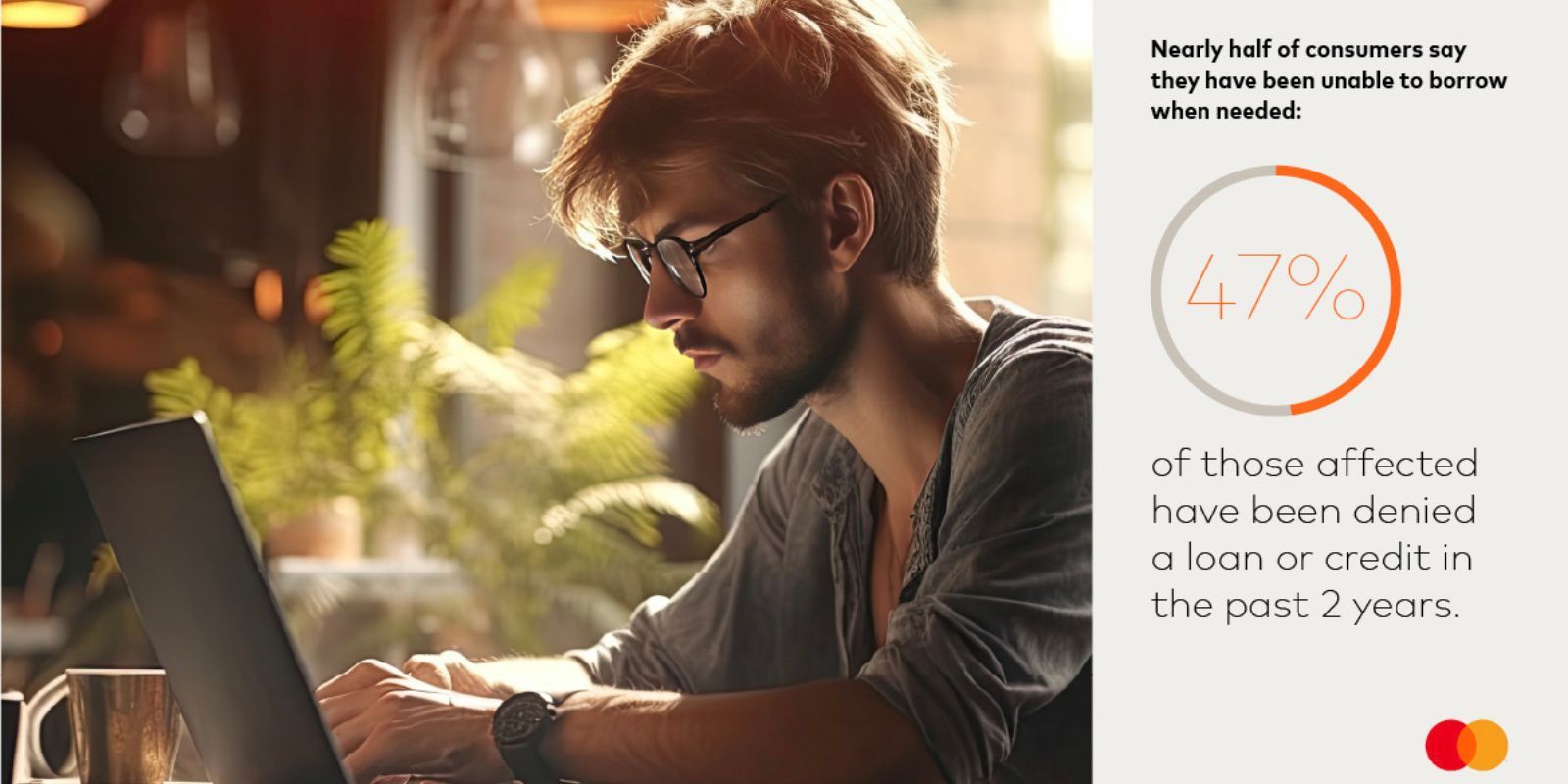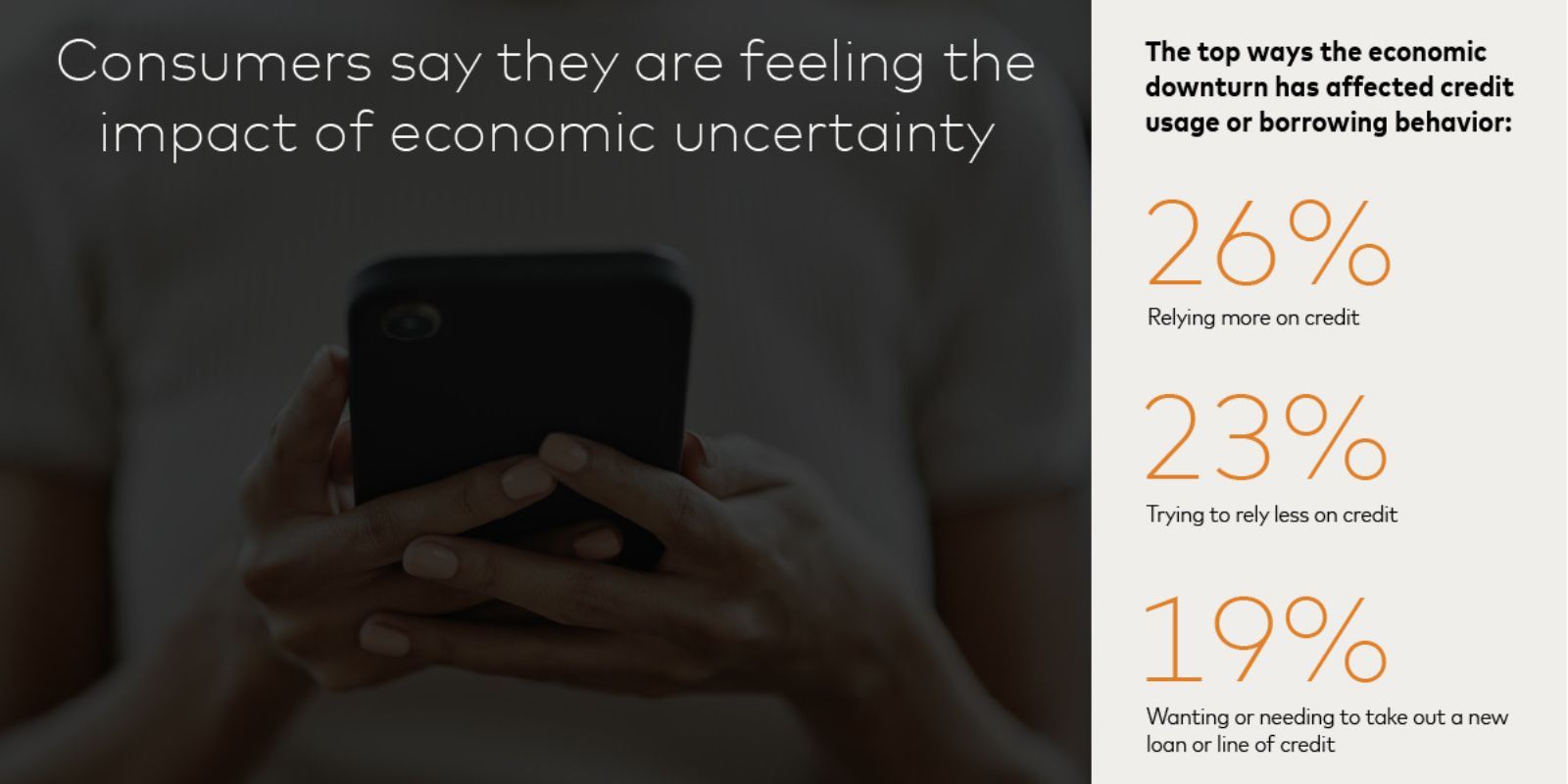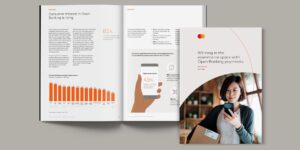The future of digital finance is evolving, and it’s happening just in time. Over the last few years, the move to digital finance has accelerated. Consumers are adopting emerging financial apps and services, empowering them to take control of their financial health.
The same technological leaps that are enhancing payments, financial management and banking are also changing lending for the better, and they couldn’t have come at a more opportune time.

That’s because consumers are feeling the impact of economic uncertainty and worry about the effect that it may have on them. In a 2023 survey, Mastercard spoke to 7,600 consumers across the United States, Canada, the U.K., Australia, France, Germany and Spain about their recent financial experiences.
Over 89% of respondents say that they’ve been negatively affected by economic uncertainty. At the same time, whether they’re making big purchases like homes or handling everyday needs like transportation or food, consumers worry that they won’t be able to borrow what they need. Open banking data can help consumers get to the bottom of these challenges.
For starters, open banking allows consumers to permission access to their bank account, allowing lenders to augment their credit decisioning models with real time information that gives a better view of the consumer’s ability to repay a loan.

That’s important because 95% of those who have been denied a loan in the past two years want more insights into the lending process. People are willing to share secure access to their bank account data, if it means better interest rates, instant approval for a loan, improved chances of being approved for a credit card or to secure an increase in the limit on a credit card.
Lenders benefit, too. By augmenting traditional credit models with open banking, they can improve operational efficiencies, lower costs and create innovative new lending models that can give consumers the credit they deserve, when they need it.
The data revealed in Mastercard’s Lend Report shows global consumer support for a more transparent, digital-first approach to lending.
Read more about the future of lending in Mastercard’s new lend report




